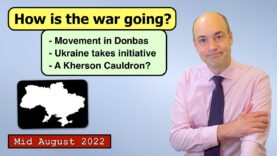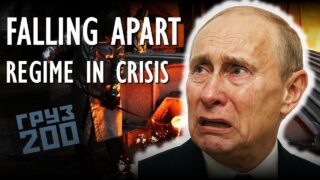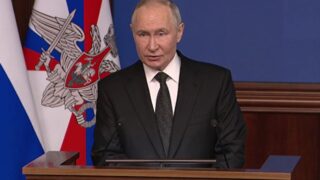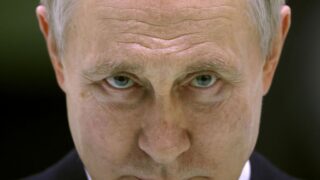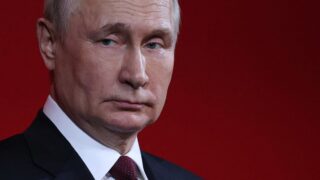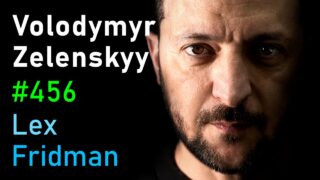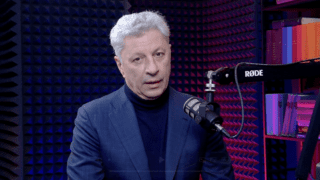How Putinism went to war — Brian Taylor interview part 1
Video Summary
In a discussion about the failures of the Russian system, a speaker argued that Vladimir Putin’s personalist autocracy is a key factor in the country’s decision-making process. They suggested that Putin’s system has two main components: the formal and informal. The formal component is characterized by a hyper-presidential system, where the president holds a significant amount of power and control. The informal component is composed of networks and clans that compete with each other for power and influence.
Jake argued that Putin’s system is not a traditional autocracy, but rather a personalist autocracy, where the leader’s ideas, feelings, and emotions play a significant role in decision-making. They noted that Putin’s vision of Russia as a great power, its need to counterbalance the West, and its imperialist ambitions all influence his decisions.
Jake also highlighted the importance of understanding the Russian system’s informal networks and how they shape decision-making. They suggested that Putin’s leadership has been marked by a decrease in the influence of other institutions, such as the legislature and the judiciary, and an increase in the importance of informal networks and personal connections.
The discussion also touched on the topic of rationality, with the speaker arguing that Putin is not a rational actor in the classical sense, but rather a decision-maker who is driven by his emotions, ideas, and feelings. They suggested that Putin’s decisions are often motivated by a complex mix of factors, including his personal beliefs, his emotions, and his desire for power and control.
Overall, the speaker’s argument was that Putin’s system is a unique blend of formal and informal institutions, with the leader’s personality and leadership style playing a significant role in shaping the country’s decisions and policies.









